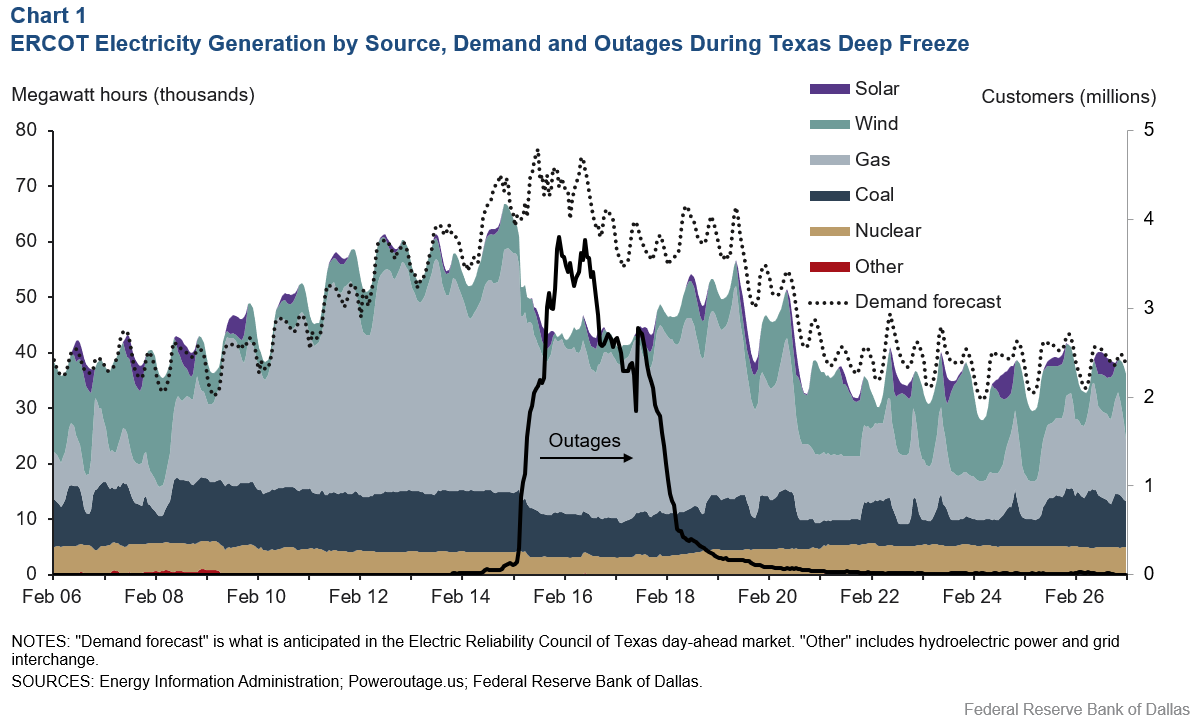Coordinated action might help the EU curb how much it spends on Russian natural gas. Here are some thoughts by Cramton, Lévêque, Ockenfels and Stoft, in Vox.eu (followed by a Financial Times editorial):
An EU gas-purchasing cartel framework by Peter Cramton, François Lévêque, Axel Ockenfels, and Steven Stoft 26 May 2022
“Instead of outbidding each other and driving prices up,” on 25 March, the 27 EU nations decided to “pool [their] purchasing power” for the “voluntary common purchase of gas”. In short, they decided to form a buyers’ cartel. So far, difficulties have been identified, but what is needed is a systematic design effort addressing those difficulties. This column proposes a simple, but fairly comprehensive framework for an EU gas-purchasing cartel."
...
"While a tariff on Russian gas is justified and can avoid the severe consequences of an outright ban, it would be best implemented as part of a gas-purchasing cartel that could also organise a quick and vigorous response in the form of a price ultimatum.
...
"Although only one piece of a responsible plan, a gas-purchasing cartel could play an essential role in protecting EU economies from Russian blackmail and also in helping to keep the EU unified as Putin tries to fracture it, as he is attempting to do (WSJ Editors 2022). Its twin goals would be reducing the EU’s financial support for Russia’s Ukraine invasion and reducing Putin’s ability to hold EU economies hostage to Russian gas supplies. It could do this in two steps.
"1. A quick-start Russian price ultimatum with some part (up to 100%) of the price reduction placed in an escrow account.
"2. Collective purchasing of additional gas from all sources but with targeted tariffs (leaving non-Russian long-term contracts undisturbed).
"Behind the cost-benefit justification for an EU cartel lies a strategic vision recognising the benefits of credible, step-by-step reductions in Russia’s energy revenues until the conflict is resolved (Eichstädt 2022). This is only possible with the coordination that comes with some form of buyer’s cartel."
*********
And here's the FT editorial:
A tariff on Russian oil could pave the way to an embargo. The best way to squeeze Moscow’s war machine is to deprive it of energy profits
"The EU’s economy commissioner Valdis Dombrovskis this week summed up the dilemma as the bloc struggles to agree on an embargo on Russian oil. “We are discussing massive financial support to Ukraine on one hand, and continue to provide financing for Russia’s war on the other hand,” he said. “It needs to be stopped.” A ban on Russian imports should remain the priority. But an interim measure designed to stem Moscow’s profits from energy sales more quickly — a punitive EU tariff on Russian oil, proposed by the US and others — is worth looking at too.
"An embargo choking off the 3.4mn barrels a day of oil and oil products that Russia exports to the EU would be a stunning blow to its revenues. But an EU embargo is vigorously opposed by landlocked Hungary, which says it is less able than coastal states to source alternative oil, and its refineries are set up to process Russian crude so require costly conversion. Bringing Budapest round is likely to need financial support and a phase-in period for an embargo.
...
"After a meeting with US President Joe Biden this month, Mario Draghi, Italy’s premier, mooted a global “buyers’ cartel” that would attempt to reduce global oil prices."




